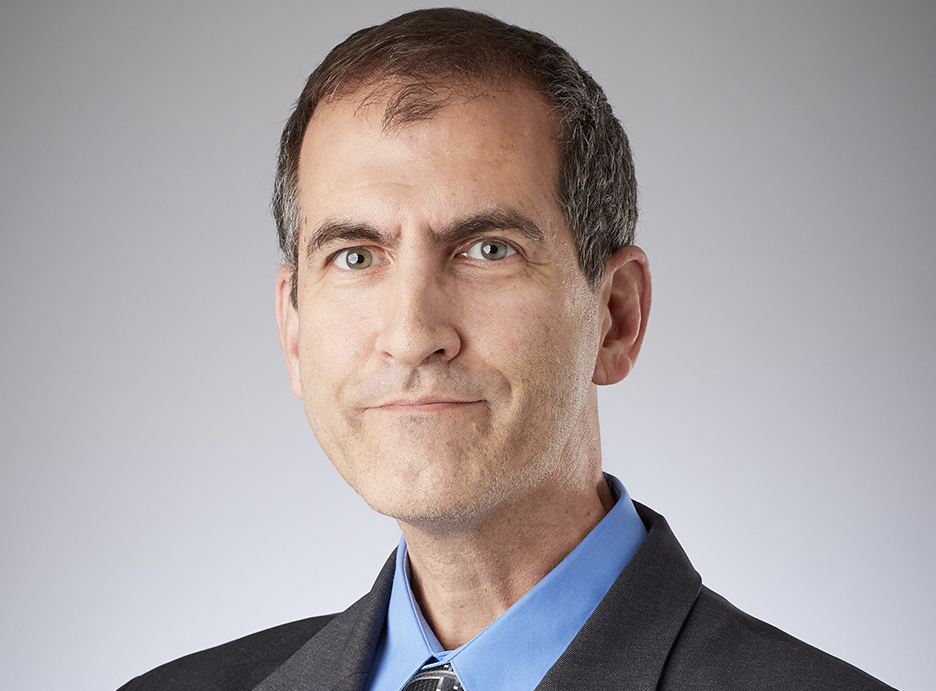 Brands are everywhere, part of the background noise of daily life. But how powerful should they be?
Brands are everywhere, part of the background noise of daily life. But how powerful should they be? DePaul Professor of Law Michael Grynberg studies how brand owners use trademark law to serve corporate interests at the expense of consumers and citizens.
Trademark law, he explains, is supposed to protect consumers by letting trademark owners sue when their marks are used in a way that is likely to cause consumer confusion. Yet, in his 2008 New York University Law Review article, “Trademark Litigation as Consumer Conflict,” he shows that this account is badly flawed. By focusing narrowly on whether anyone might be confused, Professor Grynberg demonstrates how trademark law systematically overlooks how unauthorized trademark uses sometimes benefit non-confused consumers. This shortcoming, he believes, is especially problematic in cases in which the purported consumer confusion is unlikely to affect a purchasing decision.
To illustrate, he points to the 2023 U.S. Supreme Court case in which Jack Daniel’s whiskey claimed that a parody dog chew toy infringed on its trademarks. To Professor Grynberg, the confusion at issue was unimportant. “Maybe some consumers might think that Jack Daniel’s may have given permission to make the toy, but that won’t affect their decision to buy a bottle of Jack Daniel’s whiskey or not.” At the same time, the lawsuit threatened to harm non-confused consumers. “Most people can tell that the chew toy is a joke,” he says. “They should have the right to buy one if they want it, but trademark law lacks a vocabulary to account for their interest.”
Here, Professor Grynberg observes, is where many proponents of strong trademark rights will turn to another theory. Instead of focusing on consumer welfare, they will point to the need to stop “free riding.” On this view, the chew toy parody of Jack Daniel’s is wrong not because of consumer confusion, but because the toymaker profits off the work that Jack Daniel’s did to become so popular.
In his forthcoming article, Trademark Free Riders, Professor Grynberg argues that if trademark law is to concern itself with the problem of free riding, then it also should consider the ways in which trademark holders may free ride on the efforts of others. His article goes on to develop a taxonomy of ways in which trademark holders free ride on culture, customers and other sellers. The work is already drawing attention, with a recent review in Jotwell calling it a “conversation-changing tour de force.”
Professor Grynberg also focuses on making the law accessible by ensuring that his trademark and property law students never need to pay for their textbooks. He wrote his own trademark law casebook and made it available to anyone for free. For Property Law, he joined a group of four other professors to release Open Source Property, which allows anyone to mix and match modules to create a customized property law casebook of their own.
Professor Grynberg’s commitment to free information also extends beyond the written word. When the pandemic sent everyone online, he quickly grew frustrated with the limitations of teaching as a disembodied talking head. He wanted to take advantage of the opportunities afforded by the video medium, so he taught himself how to use Premiere Pro, Photoshop and other creative tools in order to make his videos more memorable and entertaining through the use of animations, stock footage and other effects. Today, Professor Grynberg offers his trademark course in both traditional and asynchronous formats, and anyone, whether enrolled or not, can view the videos by visiting his YouTube page or his trademark law playlist.